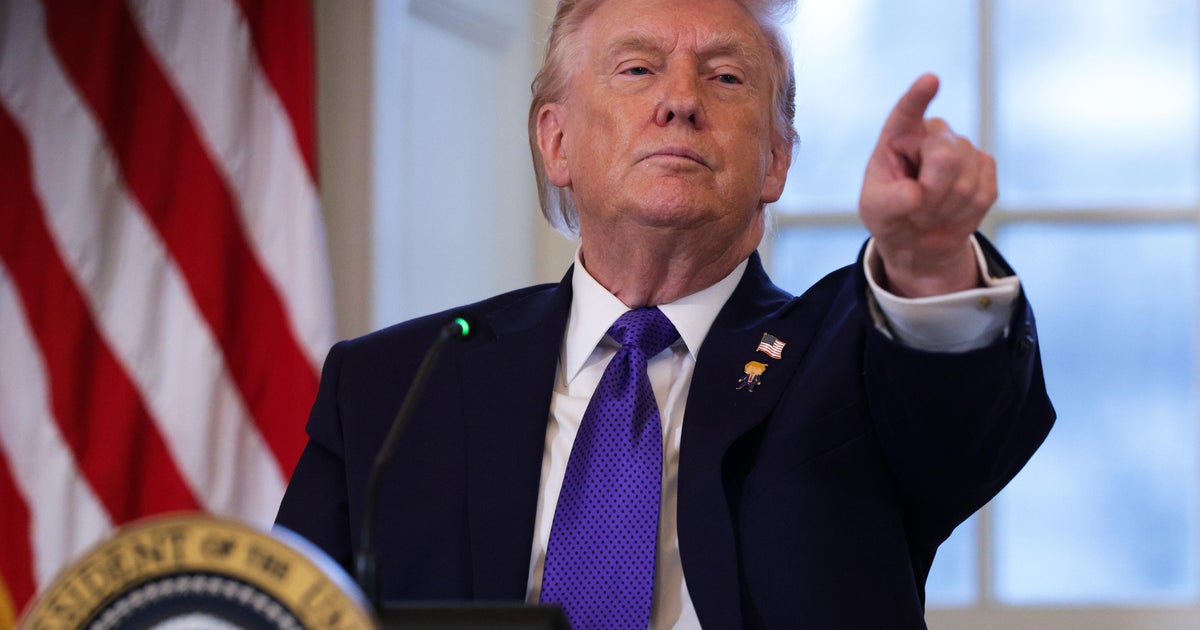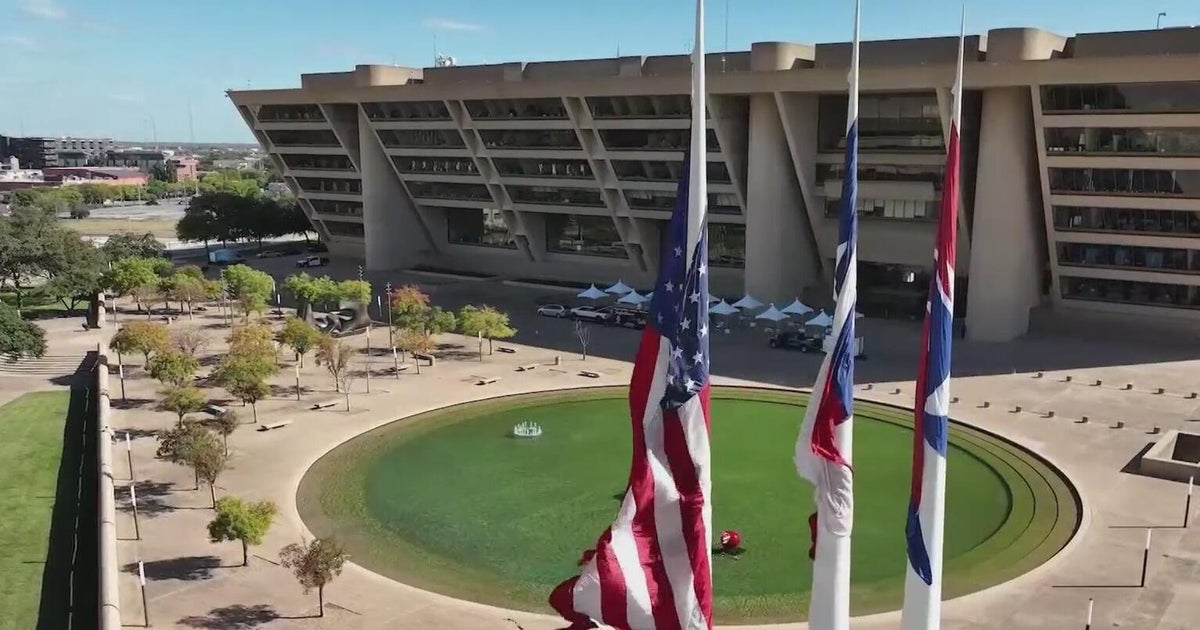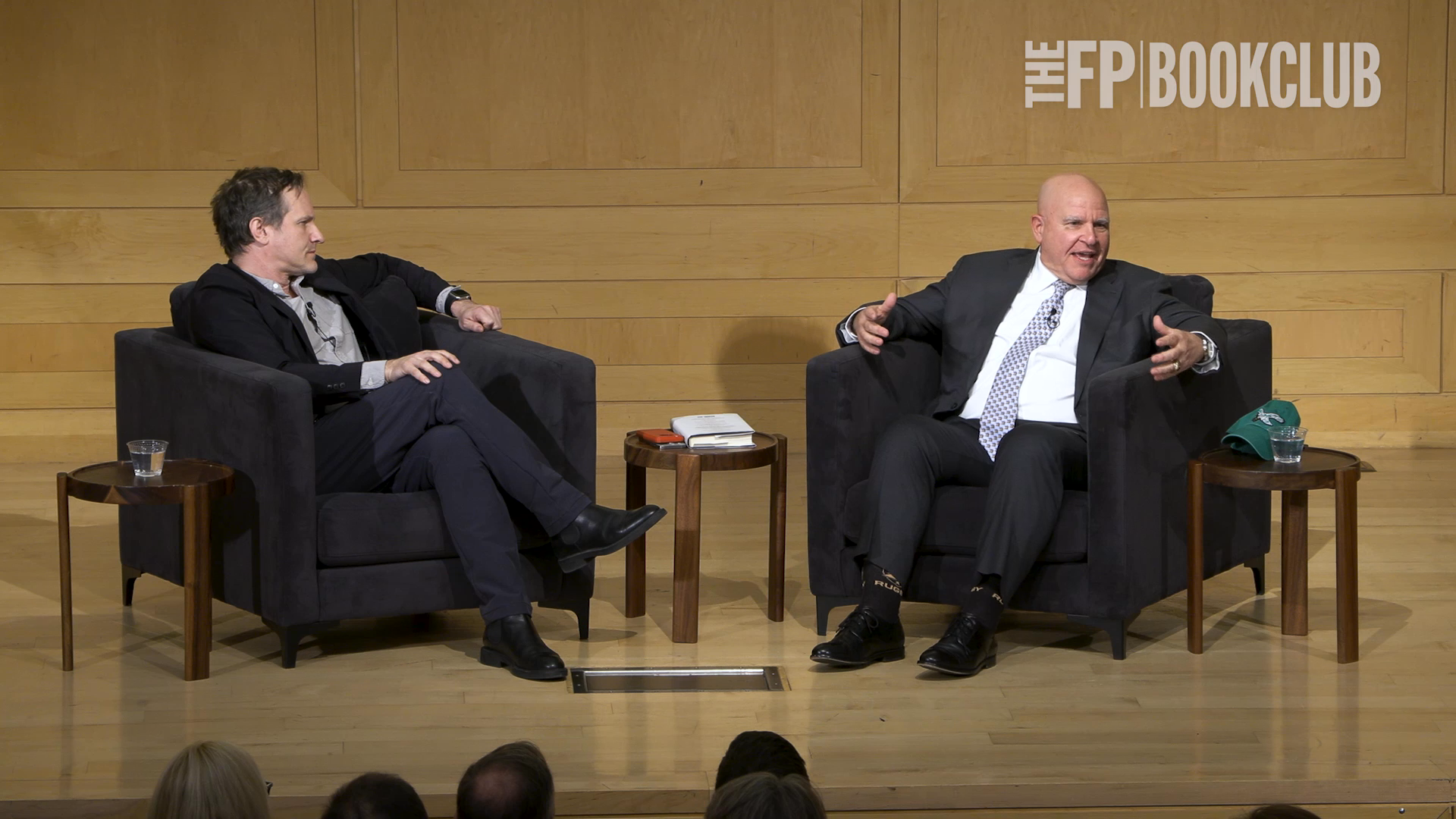The North Korea problem is "coming to a head," McMaster says
WASHINGTON -- The problem of North Korea’s nuclear threat is “coming to a head,” President Donald Trump’s national security adviser, Lt. Gen. H.R. McMaster, said Sunday following the country’s failed missile test.
That’s the consensus of Mr. Trump, allies in the region like Japan and South Korea, and Chinese leaders, McMaster said on ABC’s “This Week.”
McMaster didn’t directly answer when asked whether military options are still on the table, saying that “all our options on the table” are undergoing “refinement and further development.” Later, McMaster said, “it’s time for us to undertake all actions we can, short of a military option, to try to resolve this peacefully.”
McMaster emphasized that, while Mr. Trump doesn’t like to advertise his actions abroad in advance, Mr. Trump’s tweets critical of North Korea should “make it clear” that the U.S. won’t tolerate North Korean aggression and Mr. Trump will “take action that is in the best interest of the American people.”
McMaster’s comments came the same weekend that North Korea paraded its military arsenal to celebrate the anniversary of the birth of its founder -- and conducted a failed missile test.
Mr. Trump is seeking Chinese President Xi Jinping’s assistance in dealing with North Korea, but has said that the U.S. will act without China, if necessary.
McMaster met Afghan officials in Kabul Sunday to discuss strategy in the Middle East, days after the U.S. dropped the “mother of all bombs” on an underground tunnel network in Afghanistan, reportedly killing dozens of ISIS members. McMaster said the U.S. hasn’t had reliable allies in Afghanistan in the past, but hopes that will change with Afghan President Ashraf Ghani in power.
“The stakes are high,” said McMaster of the war in Afghanistan, where the U.S. has nearly 9,000 troops. “This is really the modern-day frontier between barbarism and civilization.”
McMaster replaced Michael Flynn, Mr. Trump’s former national security adviser who resigned amid controversy in February after he misled Vice President Mike Pence about his contacts with the Russian ambassador. McMaster’s increasing involvement in Mr. Trump’s White House has accompanied a shakeup in the National Security Council, which no longer lists chief strategist Steve Bannon on its Principals Committee. Deputy national security adviser K.T. McFarland will also soon leave the White House, possibly taking a post as ambassador to Singapore.






